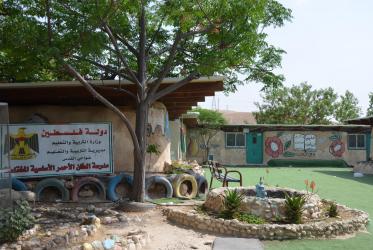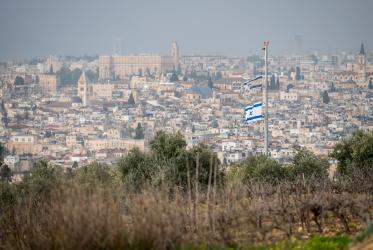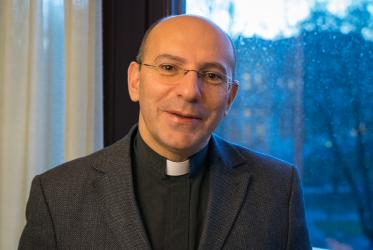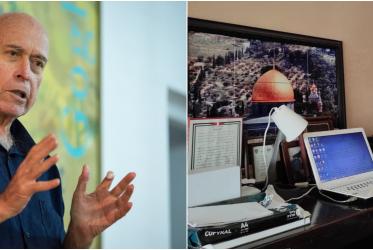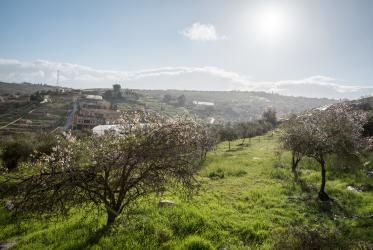Displaying 161 - 180 of 309
30 March 2021
East Jerusalem: Denied citizenship and the vote
30 March 2021
Jerusalem - Walking in the Footsteps of Jesus
30 March 2021
The Mount of Olives - Walking in the Footsteps of Jesus
30 March 2021
Jericho - Walking in the Footsteps of Jesus
30 March 2021
Palestinian Christian peace worker yearns for courageous leaders
10 December 2020
A hopeful, but not optimistic Palestinian ecumenist
09 December 2020
As olive harvest draws to a close, who is helping the farmers?
08 December 2020

